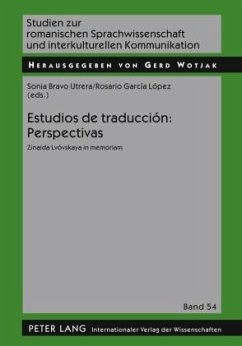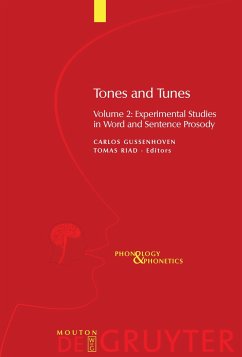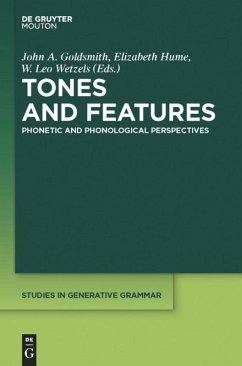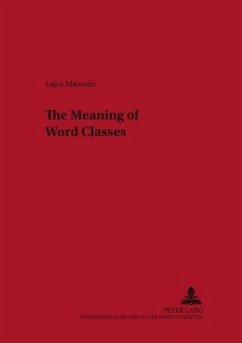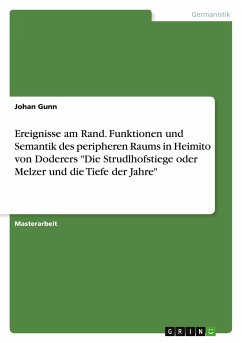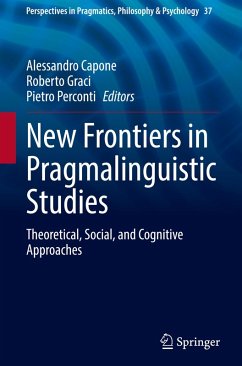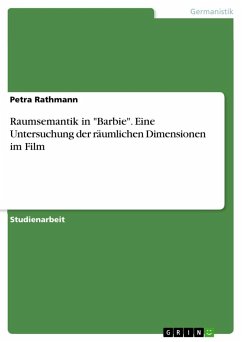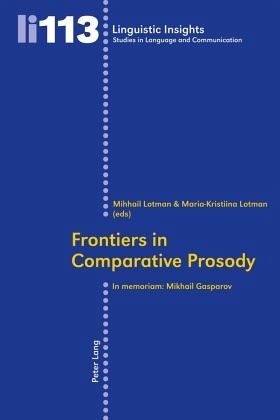
Frontiers in Comparative Prosody
In memoriam: Mikhail Gasparov
Herausgegeben: Lotman, Mihail; Lotman, Maria-Kristiina
Versandkostenfrei!
Versandfertig in 6-10 Tagen
112,65 €
inkl. MwSt.

PAYBACK Punkte
0 °P sammeln!
This volume incorporates some of the most important trends in linguistically-oriented theory of verse. It includes papers from renowned scholars, such as Paul Kiparsky, Reuven Tsur, Gregory Nagy, Seiichi Suzuki, David Chisholm, Geoffrey Russom, Marina Tarlinskaja, and others. Different aspects of comparative prosody are treated, drawing from contemporary approaches such as cognitive metrics, generative modelling, experimental phonetics, etc. Special emphasis is placed on the linguistic typology of verse forms as well as on their origin and historical evolution. The analysis encompasses differe...
This volume incorporates some of the most important trends in linguistically-oriented theory of verse. It includes papers from renowned scholars, such as Paul Kiparsky, Reuven Tsur, Gregory Nagy, Seiichi Suzuki, David Chisholm, Geoffrey Russom, Marina Tarlinskaja, and others. Different aspects of comparative prosody are treated, drawing from contemporary approaches such as cognitive metrics, generative modelling, experimental phonetics, etc. Special emphasis is placed on the linguistic typology of verse forms as well as on their origin and historical evolution. The analysis encompasses different languages and poetical traditions, such as Greek, Latin, Chinese, Japanese, Hebrew, Arabic, Persian, Urdu, Irish, Old Norse, Lithuanian, Serbian, English, German, Swedish, Russian, Estonian, Finnish, Nenets. The main focus is on the linguistic structures of verse in different cultures, their transformations and interrelationship. The volume aims to instigate and promote a fruitful dialogue between different schools in the study of versification.



